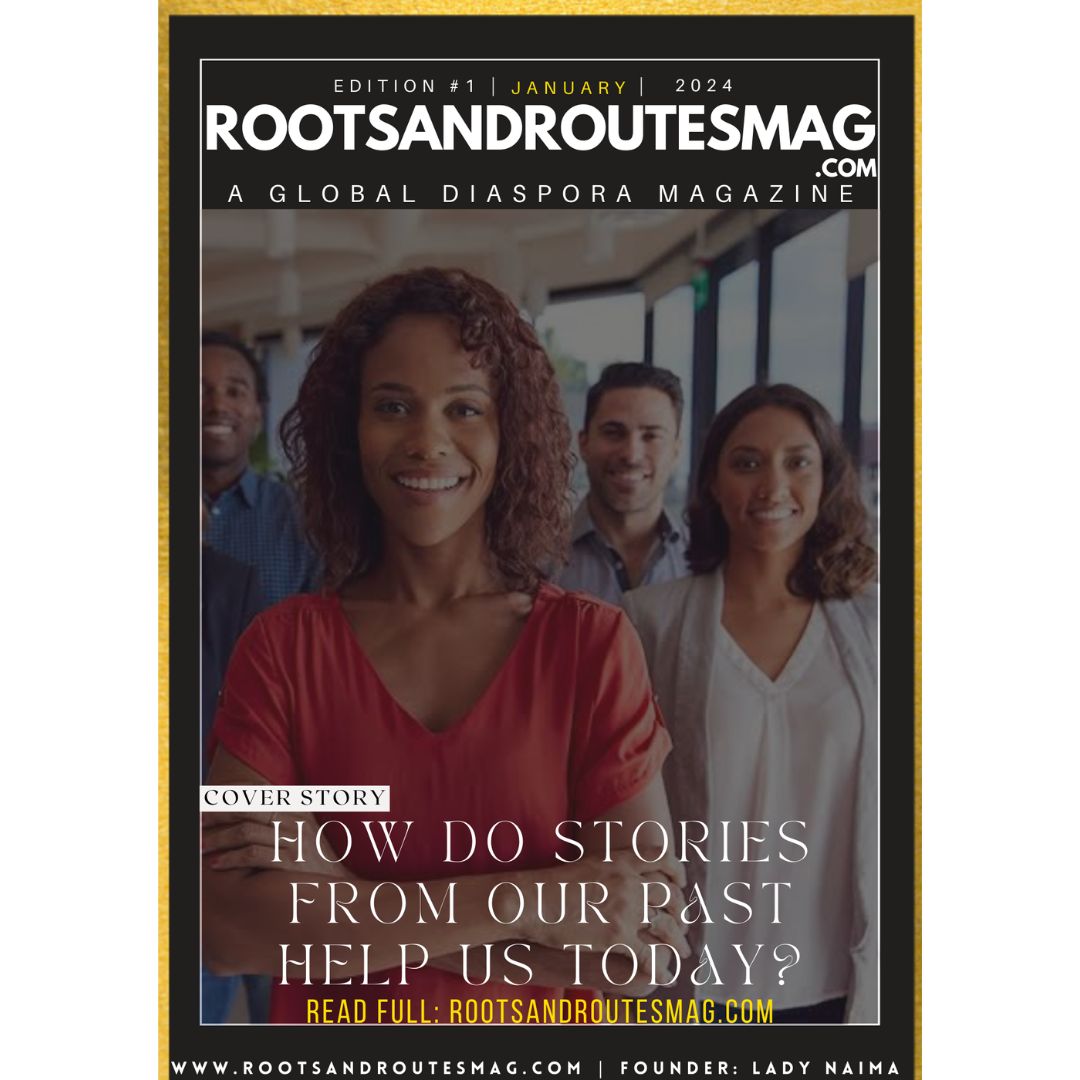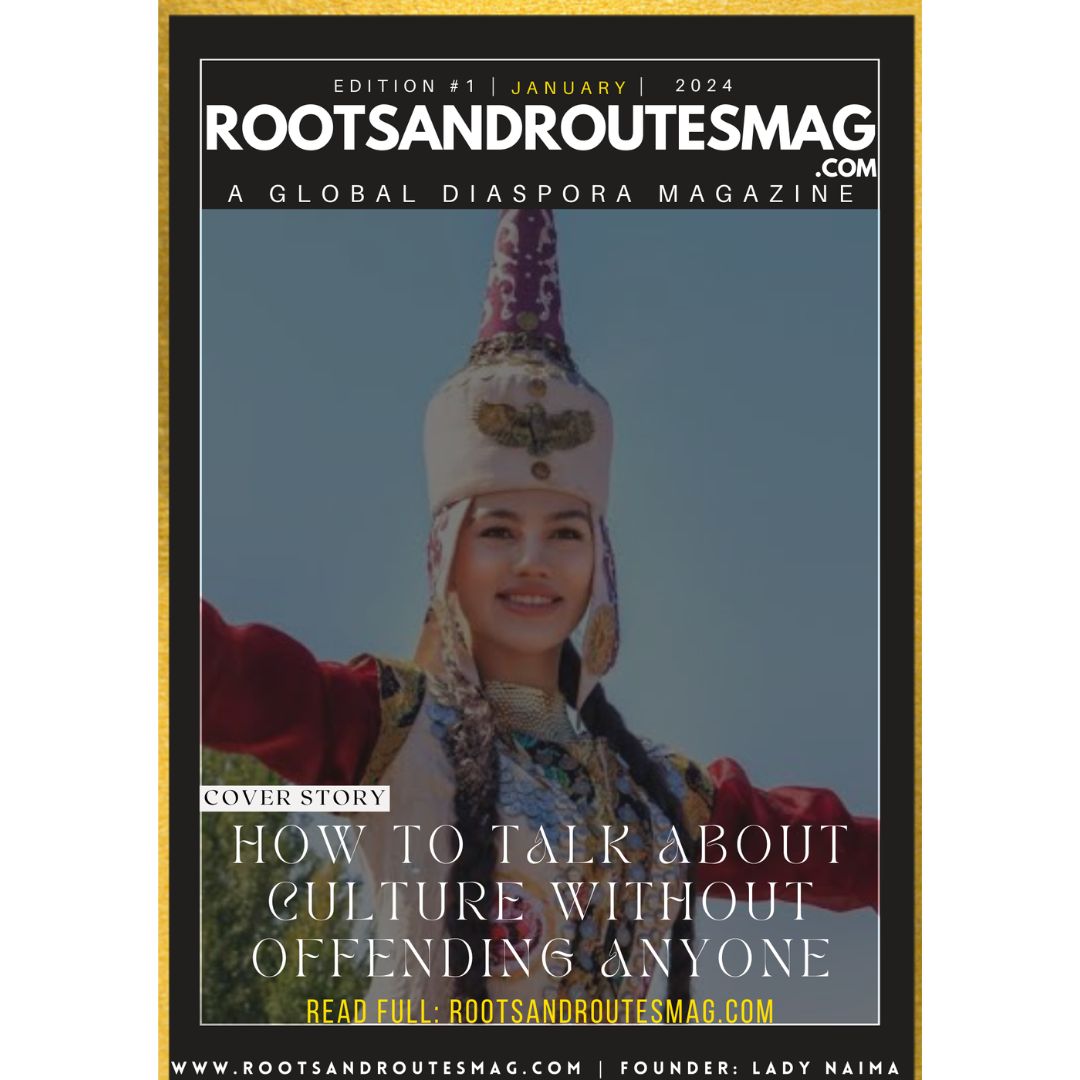Exploring the Impact of Diaspora on Cultural Identity

Diaspora refers to the dispersion of a group of people from their original homeland to different parts of the world. This movement often leads to a blending of cultures and influences, which can have a profound impact on the cultural identity of individuals and communities.
One of the major impacts of diaspora on cultural identity is the way it shapes and transforms traditions, customs, and beliefs. When people from different cultures come together in a new environment, they bring their unique practices and perspectives, creating a rich tapestry of traditions. This cultural exchange can lead to the creation of new hybrid identities that incorporate elements from multiple cultures.
Diaspora also plays a significant role in language preservation and evolution
As people migrate to new countries, they often maintain their native language, passing it down through generations. This helps to preserve linguistic diversity and cultural heritage. At the same time, diaspora can also lead to the development of new languages or dialects, as different communities interact and influence each other’s speech patterns.
Another impact of diaspora on cultural identity is the way it influences art, music, and literature. Artists from diasporic communities often draw inspiration from their cultural roots, creating unique and innovative works that reflect their experiences of displacement and adaptation. This artistic expression not only helps to preserve cultural traditions but also contributes to the global cultural landscape.
Diaspora can also have an economic impact on both the homeland and the host country. Remittances sent by diasporic communities to their countries of origin often play a crucial role in supporting local economies. Additionally, diasporic communities often contribute to the host country’s economy through entrepreneurship, innovation, and cultural exchange.
Overall, the impact of diaspora on cultural identity is complex and multifaceted. It brings together diverse cultures, fosters creativity, and contributes to the social and economic fabric of both the homeland and the host country. By exploring these connections, we can gain a deeper understanding of the ever-evolving nature of cultural identity in our globalized world.
I hope you find this information helpful. Let me know if you want to dive deeper into any specific aspect of this topic!

Tariq Riaz is a passionate web developer and content generation expert.









